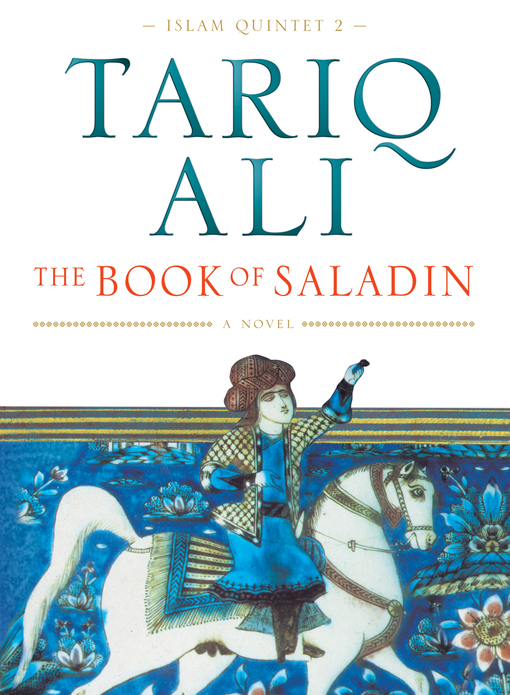When President Jacques Chirac bid farewell to politics this month, he summed up what is known here as French “exceptionalism by insisting that “France is not a country like the rest. “Vive la difference, as the French like to say. But the presidential elections that will take place here over the next six weeks are likely to move this country away from its exceptional perch and closer to the global mean. Even the French people, who cherish their specialness with a ferocity that is both endearing and deeply annoying, seem to recognize that the rules of the game are changing. The three main candidates who are running to succeed Chirac each represent, in different ways, a sharp break with politics-as-usual. All of the candidates seem uncertain just where they are going, but for once, this is a French election about change, rather than resistance to change. “This election will end more than 30 years in which politics was dominated by the old system, says Olivier Duhamel, a professor of politics at Sciences Po. He notes that most French voters under the age of 50 have known only two presidents, Chirac and his predecessor, Francois Mitterrand, who served a combined 26 years. “The French people know they can’t go on this way, with more unemployment and less growth than the rest of the world, Duhamel says. Nicholas Sarkozy, the conservative front-runner, announced two years ago that he wanted nothing less than a “rupture from the old politics. He proclaims his fondness for the United States and was eager to get his picture snapped with President George W. Bush at the White House last fall, which is more than you can say for most Republican congressmen. Most French people secretly love American imports, such as jazz and Hollywood movies, but Sarkozy actually likes liberal, free-market economics, which led a rival to dub him “a neoconservative with a French passport. Sarkozy has trimmed his pro-US rhetoric in recent months and has said that Chirac was right to oppose the Iraq war. Even so, his election would mark a sharp break with the Gaullist tradition of French foreign policy, which has defined itself since the 1950s in reaction (and often opposition) to US hegemony. Sarkozy, a hard-nosed child of immigrants, would break that mold. Among other things, he would be closer to Israel and less automatically friendly with the Arabs than recent French presidents. Segolene Royal, the Socialist Party candidate, also marks a break with the past. For starters, she’s an unmarried mother of four children, which helps rather than hurts in a country that loves children but is increasingly indifferent to marriage. Her chief attraction for Socialist voters is that she was independent of the party’s elders, known as the “elephants, whose internal feuds helped doom ratification of the European Union draft constitution in 2005. Royal’s precise positions are no less mysterious than those of Sarkozy, but they are not reflexively old-school socialist. She balked at items in the Socialist program that called for tighter protections for French workers and re-nationalization of the French electricity company, EDF. And she has called, vaguely, for constitutional changes that would create a “Sixth Republic to replace the one established by Charles de Gaulle in 1958. The fuzziest of the three is Francois Bayrou, who is defying the usual left-right polarization of French politics by running as an avowed centrist. Of the three, he’s probably closest to the old style that combines a folksy rural demeanor (he’s famously enthusiastic about his tractor) with centralized economic management. Still, Bayrou is arguing that he represents a “Third Way that will escape the French predicament. France will be hard to transform, and for good reason: The French love their lifestyle, culture and language. They know in their heads that it’s impossible for France to resist the economic and social pressures of an enlarged Europe – let alone the forces of globalization. But in their hearts, they want France to remain exceptional. Indeed, the past few weeks’ campaigning has been punctuated by crude patriotic appeals, with Royal singing “La Marseillaise at her rallies and Sarkozy calling for a spooky sounding Ministry of Immigration and National Identity. But change is coming. Six years ago, a top French politician scoffed when I asked him who was the candidate of change in the 2002 presidential elections. That person didn’t exist, he said, because the French people didn’t want change. Well, in next month’s polling, all three major candidates will be proclaiming themselves as change agents – and France will begin a slow, stately move toward a world order it has loved to disdain. Syndicated columnist David Ignatius is published regularly by THE DAILY STAR.

